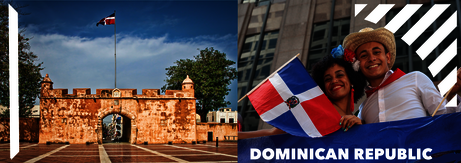Summary of operations
Road Infrastructure: Financing for 148 kilometers of highways.
Energy: Financing for the generation of 80 megawatts of clean renewable energy.
Agro Sector: US$ 60 million for the strengthening of the agricultural sector with a sustainable technological approach.
A 228% increase in the amount estimated in the 2021-2026 country strategy, reaching US$ 1.8 billion. In the previous five-year period the disbursement amounted US$ 533.9 million.
PROJECTS

Coral Highway Project
It consisted of the construction of a 70-kilometer-long, 4-lane highway, for which financing of US$70.0 million was allocated.
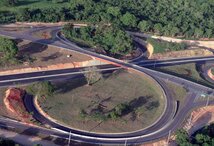
Improvement and Expansion of the Eastern Road Corridor for road sections
San Pedro de Macorís-La Romana Section, La Romana Beltway Section and Eastern Tourist Boulevard Section, totaling 78 kilometers in length and representing the best road infrastructure in the country.
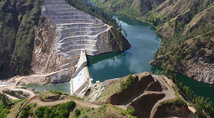
Palomino Hydroelectric Project
With a clean and renewable energy generation capacity of 80 megawatts, it is located in the Province of San Juan. For its execution, the Bank allocated financing for a total amount of US$ 130.0 million
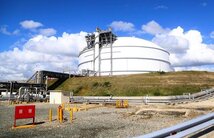
Construction of a 50-kilometer gas pipeline in San Pedro de Macorís
Loan in favor of AES Dominicana for a total amount of US$54.00 million.
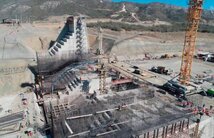
Montegrande Multipurpose Dam Project Phase III
With current financing of US$249.6 million
CABEI publishes tender for studies of the Santiago de los Caballeros-Santo Domingo train in the Dominican Republic

Recently, CABEI and the Republic of Korea approved technical cooperation for the development of a railroad line between the two cities.
Santo Domingo, October 5, 2021.- The Central American Bank for Economic Integration (CABEI) launched this Tuesday the bidding process for the contracting of a consulting firm to prepare market demand studies, as well as the analysis of the regulatory, legal and governance frameworks of the railway sector in the Dominican Republic for the development of the train between the cities of Santiago de Los Caballeros and Santo Domingo.
Interested consulting firms can access the Terms of Reference of the process in the following link and submit their proposals until October 26th.
CABEI Executive President, Dr. Dante Mossi, stated: "We celebrate the progress of this regional initiative to develop a safe and efficient rail transportation network for cargo and passengers, which will contribute to the Government's strategic objectives of promoting mobility, diversifying exports, boosting economic growth and competitiveness, which translates into quality of life for its inhabitants".
The train between Santiago de Los Caballeros and Santo Domingo is part of the design of the Integrated Transportation System (SIT) with the objective of providing collective solutions to the problems of transportation, mobility, accessibility between the cities and the reduction of CO2 emissions to improve the environment, thus contributing to the decrease in the saturation of the vehicle fleet and decongesting, at the same time, traffic on the Duarte highway to and from both cities. The Urban and Interurban Mobility Project Development Office, under the Ministry of the Presidency of the Dominican Republic, will be in charge of this project.
The bidding process is part of the US$630,000 non-reimbursable Technical Cooperation approved in August by CABEI and the Republic of Korea within the framework of the CABEI-Korea Sole Donor Trust Fund (KTF), and includes capacity building and knowledge transfer workshops for government officials to improve the structuring process of railway projects in the country.

